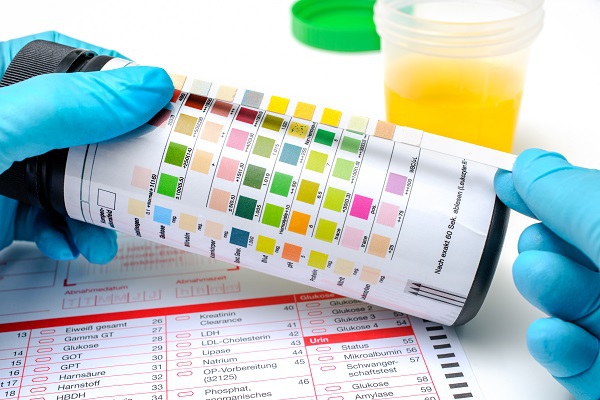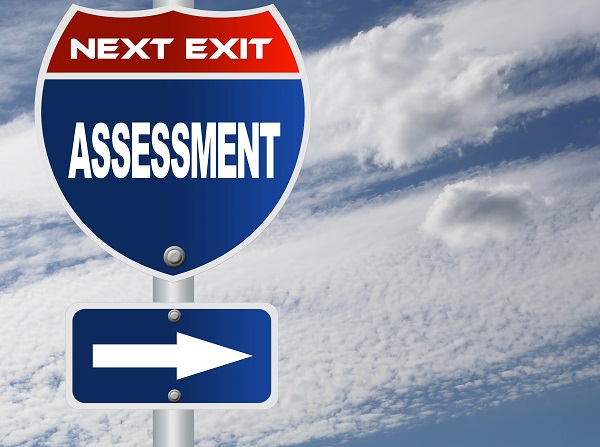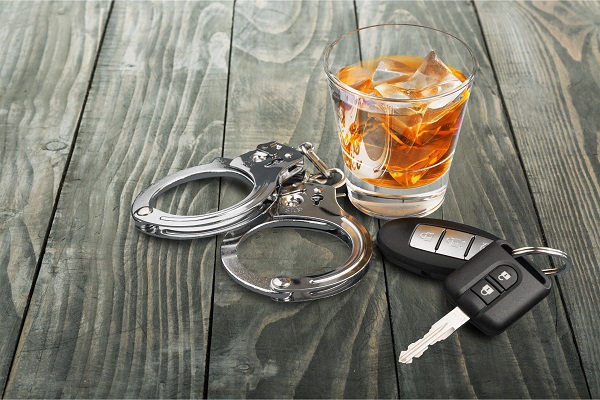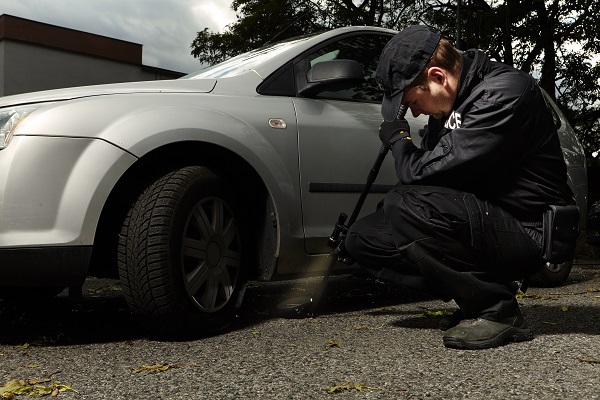Drug Tests and How Long Drugs Stay in Your System
In Oklahoma, drivers pulled over for suspected DUI may receive a drug test. Driving under the influence of drugs is illegal, and if law enforcement suspect you have been using drugs they can request a test. Oklahoma DUI-D (driving under the influence of drugs) laws are extremely strict. If you are caught driving with any amount of a Schedule I controlled dangerous substance in any bodily fluid, you can receive a DUI-D charge. In addition, you can receive a DUI-D charge if you are driving while under the influence of any intoxicating substance. Intoxicating substances include the various controlled substances listed...
Continue reading










